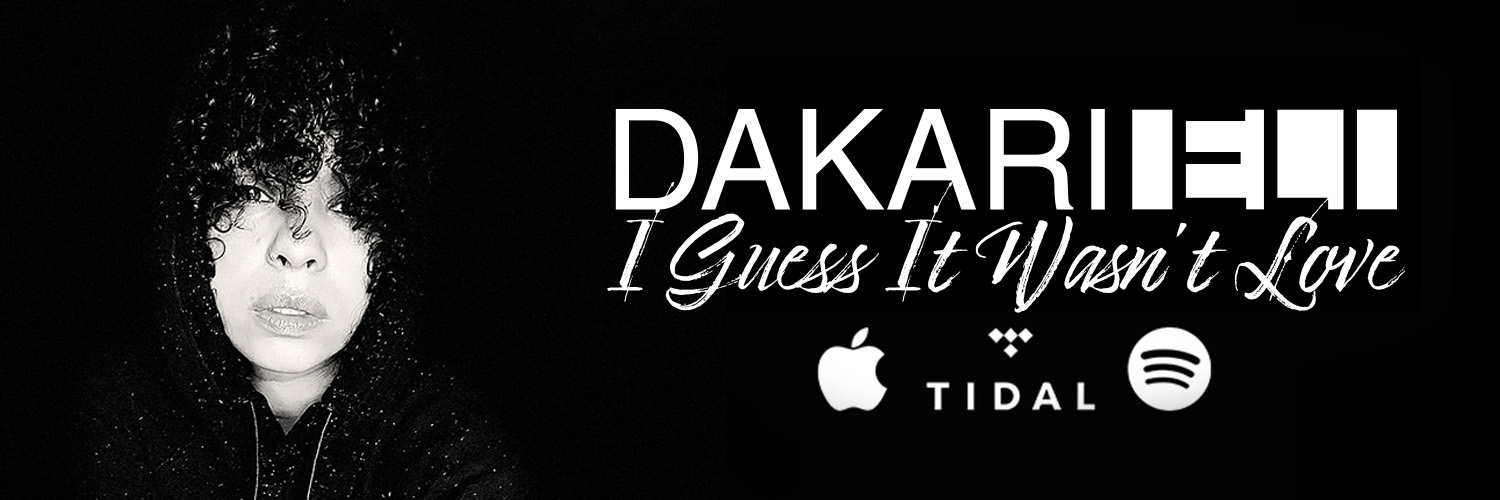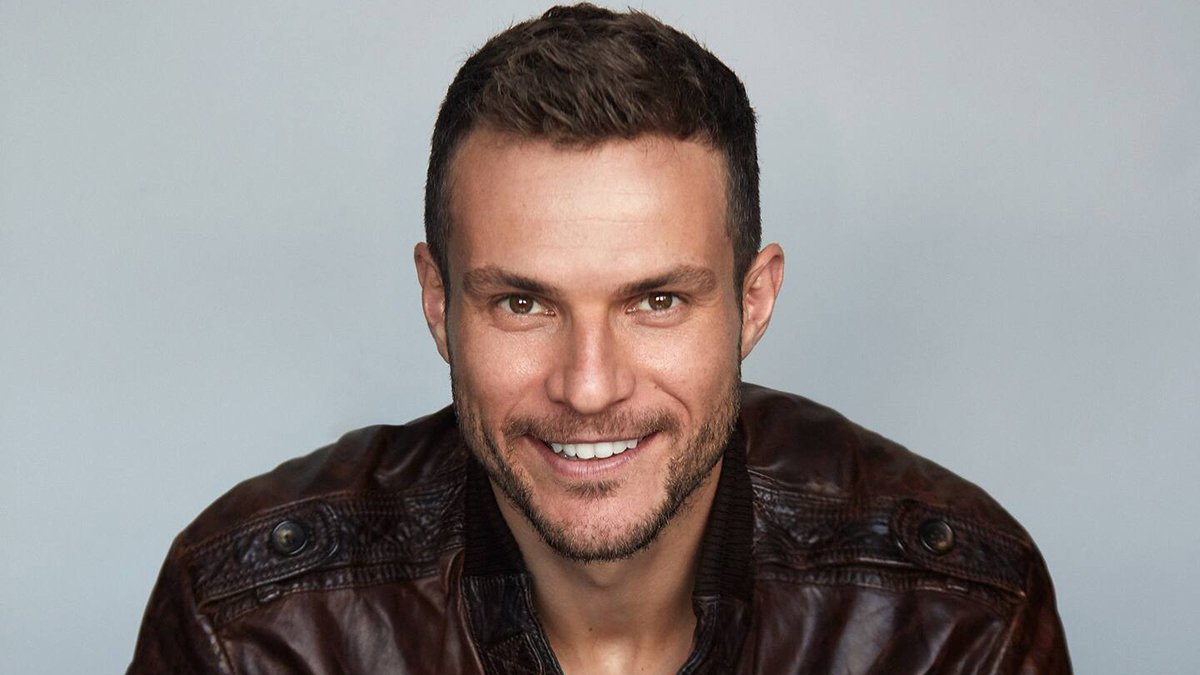Ryan Cooper’s performance in “I’ll Be There” has brought him acclaim for his portrayal of a deeply layered character. He shares how he prepared for the role and the lessons he learned along the way.
What drew you to the role of AJ in I’ll Be There, and how did you prepare to embody the character?
Wow, great question. I actually read for the role, I did it cold with another friend who was auditioning for the role of Grace, my sister. I had no context and zero knowledge of the script. And I was crying by the end of the scenes, knowing what this man was feeling and going through. As a father to a little girl, the idea of leaving her behind was the saddest thing to me at that point. It really just drew me into this story of going through a disease and seeing your family or potentially losing your family. When we get to the bottom of the barrel or we feel at our lowest point, that is when we often feel brave enough to say the things that we should have or could have said earlier. And so, I thought that was a really beautiful part of the story.
AJ is the center of the family crisis as he battles cancer. How did you approach portraying the vulnerability and strength that comes with such a difficult diagnosis?
I was fortunate enough to get to speak to Cindy’s brother who went through this. Cindy is the writer, and she has incredible humor. And one of the biggest takeaways that I wanted to have from that conversation was what were the levels of pain? What did it feel like in there? And he just kept saying there was so much pain… I just really just wanted to dive into that and understand that if I put my body in that space of feeling trapped if I embodied the pain and then the release at the end when he can come out of the hospital… I think that was the kind of foundation.
The vulnerability comes from almost this helpless state of something else that I can’t control and releasing into the doctors and the people that are there helping. But also, sometimes as men, we don’t want help. We try to be that figure for the family dynamic. I think I really learned a lot through that about letting go and accepting things that we can’t control.
The film explores themes of family, memory, and forgiveness. How do you think AJís journey interacts as far as Grace’s journey as well?
Well, memory is a perspective. I think that the intersection of AJ and Grace is this space of perspective. And we could have taken another whole look at relationships if that movie was about Grace and a different brother or Grace and her mom, the whole movie would have changed. We’re deeply in this perspective of what Grace is going through and her perspective. I just love what this story got to tell about that this man is there at this juncture and this pain point in his life. And he is able to speak into his sister’s world.
The confined space of the hospital room means that the memories that do come up and, in the film, AJ, my character even says I can’t believe that you remember that. You know, and that’s a that’s a thing that often happens is we hold on to things because of the perspective that we were in at that point in time. I believe for our own growth, the only way that we can actually learn to readjust to that space is to objectively look at where we were and also reach back into that space and maybe heal something there so that it releases the trauma that is around that moment. And it might not release all of it, but it does give perspective to then be able to move forward without it being a heavy weight on our shoulders. We get to then say that happened. Now I can do this or now when this comes up again, I have the opportunity to choose a different path or speak up sooner or whatever the many other tool sets we get to glean along the way.
After playing a character that is going through so much trauma, how did it affect you after the taping was over?
Well, I have been doing this for a while now. I’ve been so fortunate. I got to work with the legendary Susan Batson for quite a few years and her method is a little more on the deep end, like really feeling pains and things like that. I feel like as I’ve grown as an artist, it doesn’t really affect me anymore. I just feel like it’s just given a lot of liberty to be able to step into the pain, the sadness, and kind of walk away. But with this one specifically, I thought it was incredibly powerful for me because I had a really dear family friend who was actually going through this surgery at the time. And so, knowing that someone was going through this level of pain that I was truly trying to embody and experience in those scenes, she was going through it for real was such a wave of thankfulness for the fact that I was not and had not truly gone through it as well. Which again is perspective, right? It’s all that we are trying to share in the film.

Can you share with us how Michael Jacksonís death impacted you personally?
I think everyone knows where they were or the week. I listened to Michael Jackson’s music. I loved his music… I remember watching his funeral procession on the TV in New Zealand as a young man. I know where I was. And it was a real honor to be able to play that in this movie. And again, see it sort of come to life in the way it had affected so many people and the gift that was there in the music and the cultural shift in that.
What was it like to work alongside Jasmine Batchelor, who plays your sister Grace, in bringing the sibling dynamics to life?
Oh, wow. I wish she was here so I could take a little jab at her. But after that jab, I would tell you the truth, which is that it was an absolute pleasure. She is so well prepared. She comes in and we just get to play. I have so much respect for her, and she is just such a beautiful, kind human being… We just really, really clicked and we’ve stayed in contact, and we’ll catch up from time to time. And I just adore her.
The film received critical praise for its portrayal of blended families and the complexities they face. How did you personally connect with that theme?
Well, I am a single father, and so I understand what it’s like to fortunately have a very healthy relationship with the mother of my daughter. And that takes a lot of work from both parties, making sure that the child’s or children’s best interest is at heart at all times. And that can be difficult because of our perspectives, pains, resentments, traumas, and all these things. It makes me so incredibly grateful for my daughter’s mother. Playing AJ makes me more aware of their home conflicts and relationship with their father. I understand the importance of always stepping into kindness in any way possible and checking myself because, you know, we can very easily think we’re right when we are wrong.
How did those how did you approach those moments where reality and memory seemed to merge for the characters?
That’s a that’s a tough one… Yeah, yeah, you stumped me. I love to talk and now I’m silent and thinking. I think that those parts of the script and story are the foundation of helping her to see my perspective. If we can approach someone and acknowledge something was a part of the shared experience, we can have the parts that allow us to find the ground of negotiation, if that makes sense, because you know it’s true for the both of you. But then from that truth of the reality, you then get the shared perspective.
Be’n Original






